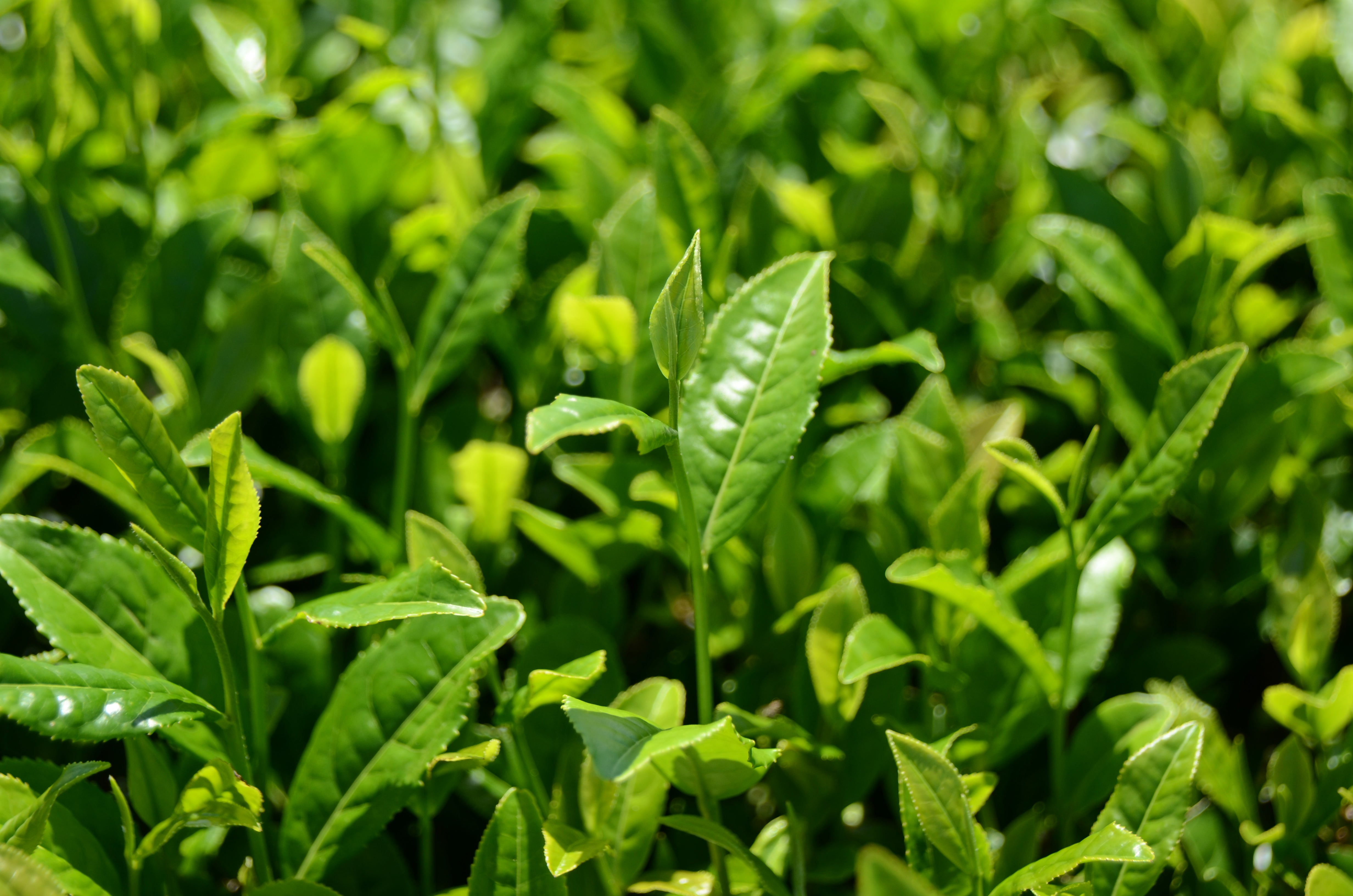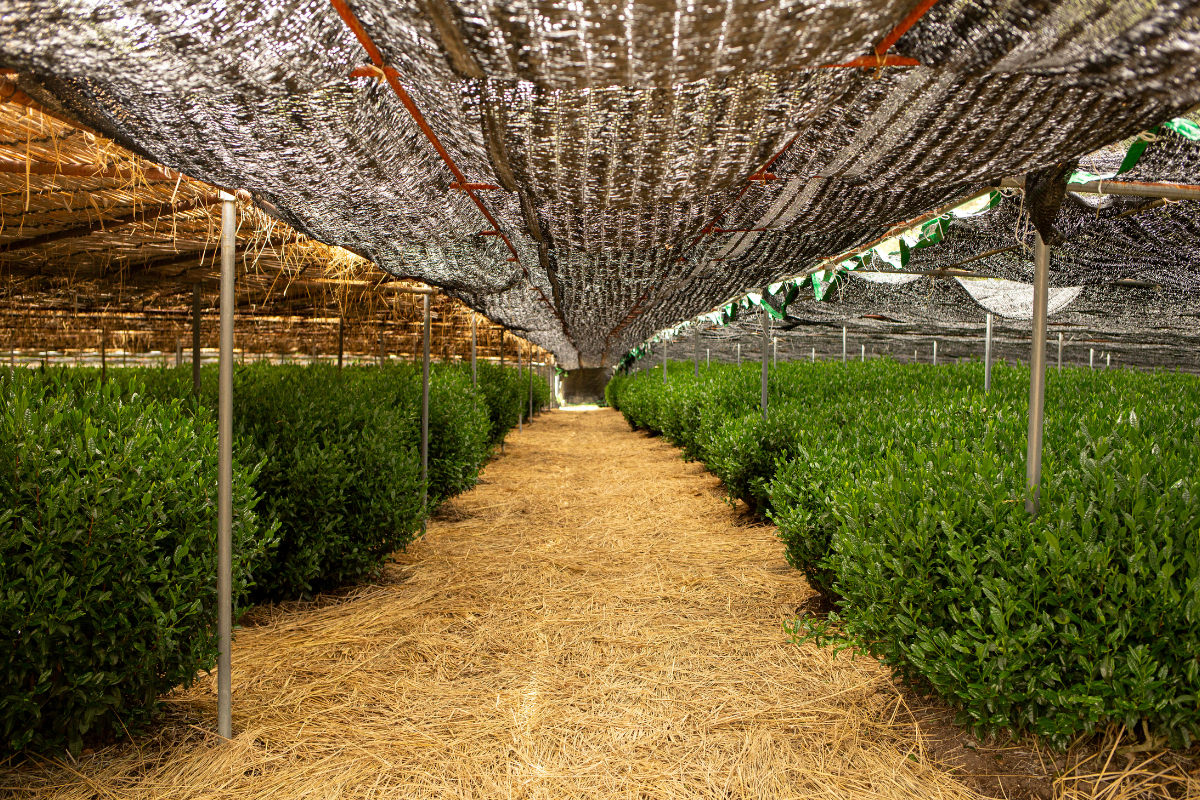
Theanine in Tea: The Amino Acid for Calm, Focus, and Flavour
Proteins are essential for life. They build and repair the body’s cells, provide energy, and regulate important processes through hormones and enzymes.
When proteins are digested, they break down into amino acids.
These can be divided into:
Essential amino acids – nine that the body cannot produce and must be obtained from food (including isoleucine, leucine, lysine, methionine, phenylalanine, threonine, tryptophan, valine, and histidine).
Non-essential amino acids – those the body can produce itself (such as aspartic acid, glutamic acid, glutamine, asparagine, glycine, alanine, serine, proline, tyrosine, and cysteine).
Alongside these are hundreds of other amino acids found in nature—one of the most interesting being theanine, which occurs almost exclusively in tea.

Theanine: The Special Amino Acid in Tea
L-Theanine is a unique amino acid that shapes both the taste and the effects of tea. It is responsible for the smooth, savoury umami flavour and gentle sweetness of high-quality green teas.
But its importance goes beyond taste. Research suggests that L-theanine can:
- Promote relaxation by reducing stress without causing drowsiness
- Improve focus and attention, especially when combined with caffeine
- Support learning and memory by influencing brain activity
- Balance mood, with potential benefits for anxiety and sleep quality
This combination of calmness and alertness explains why tea has been valued for centuries not just as a drink, but as a way to centre the mind.
Why Some Teas Contain More Theanine
The amount of theanine in tea depends on how the leaves are grown and harvested:
- First flush teas (the earliest spring harvest) are particularly rich in theanine.
- Shade-grown teas like gyokuro have especially high levels, as shading slows the conversion of amino acids into catechins (compounds responsible for bitterness).
This results in teas with a deep umami flavour and a smoother, more calming character.

Brewing Matters: How Amino Acids Are Released
Amino acids dissolve readily in water, including theanine. However, caffeine and catechins extract more strongly at higher temperatures.
This means:
- Low-temperature brewing draws out more theanine, producing a sweeter, smoother cup.
- High-temperature brewing highlights caffeine and catechins, leading to stronger, more bitter flavours.
If you want to experience tea’s natural umami and calming effects, try brewing premium green teas like gyokuro or first flush sencha at lower temperatures.
By adjusting the brewing temperature, you can influence not only the taste of your tea, but also the balance of relaxation and stimulation it provides.
Experience the Theanine Difference
From its role in flavour to its impact on the mind and body, theanine is what makes tea truly special. Whether you enjoy the mellow sweetness of gyokuro or the bright freshness of sencha, theanine is the quiet star behind every sip.
Discover our carefully selected Japanese teas and taste the richness of theanine for yourself.



Leave a comment
This site is protected by hCaptcha and the hCaptcha Privacy Policy and Terms of Service apply.